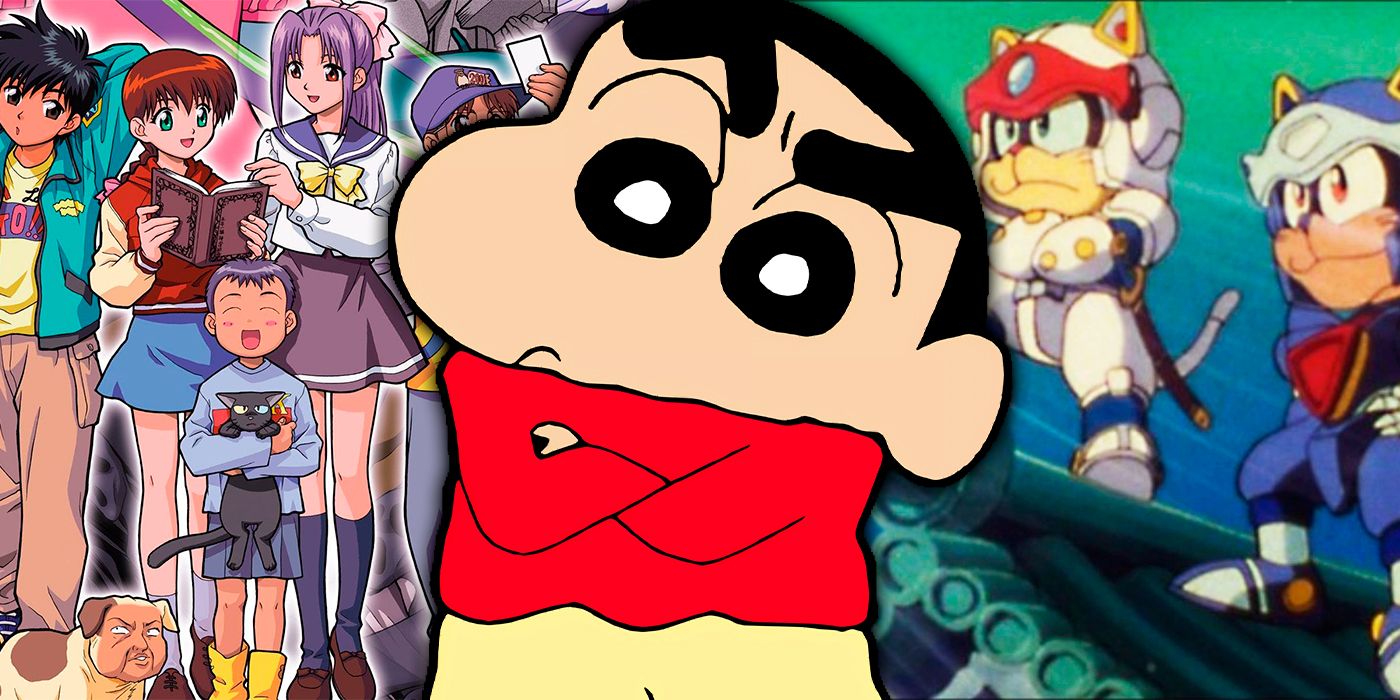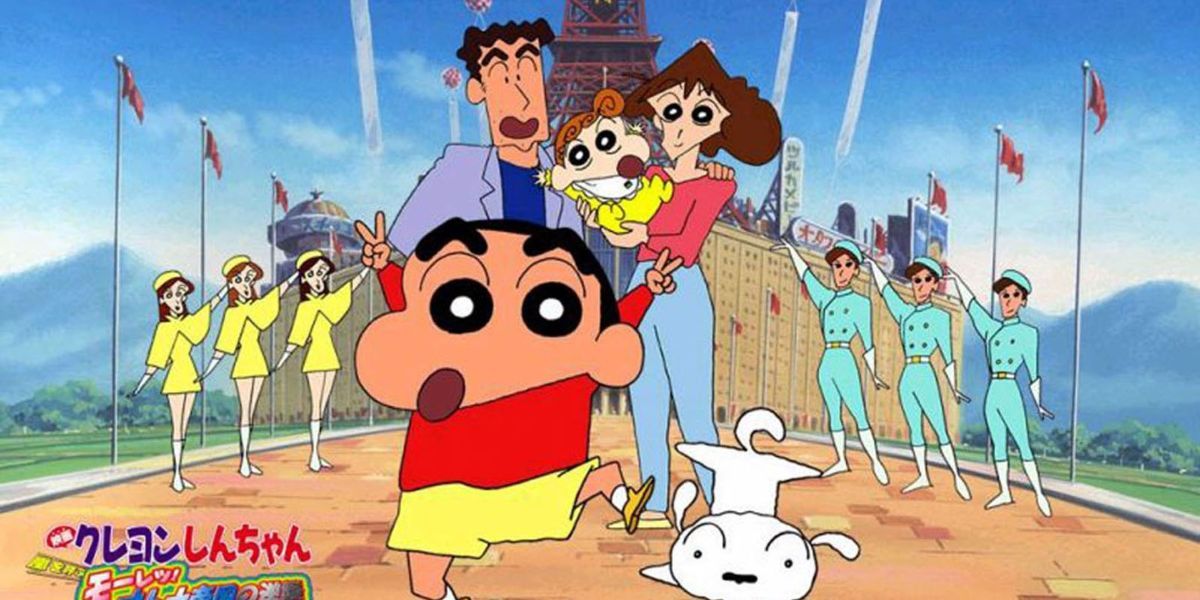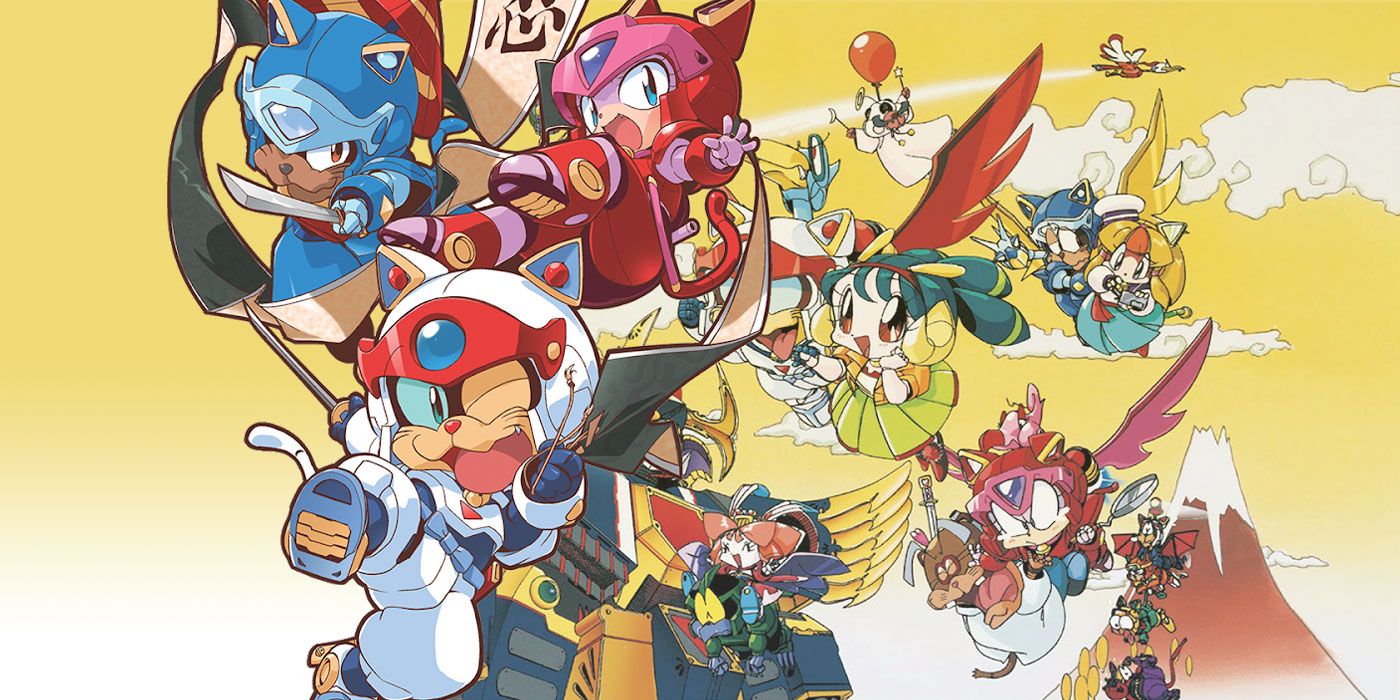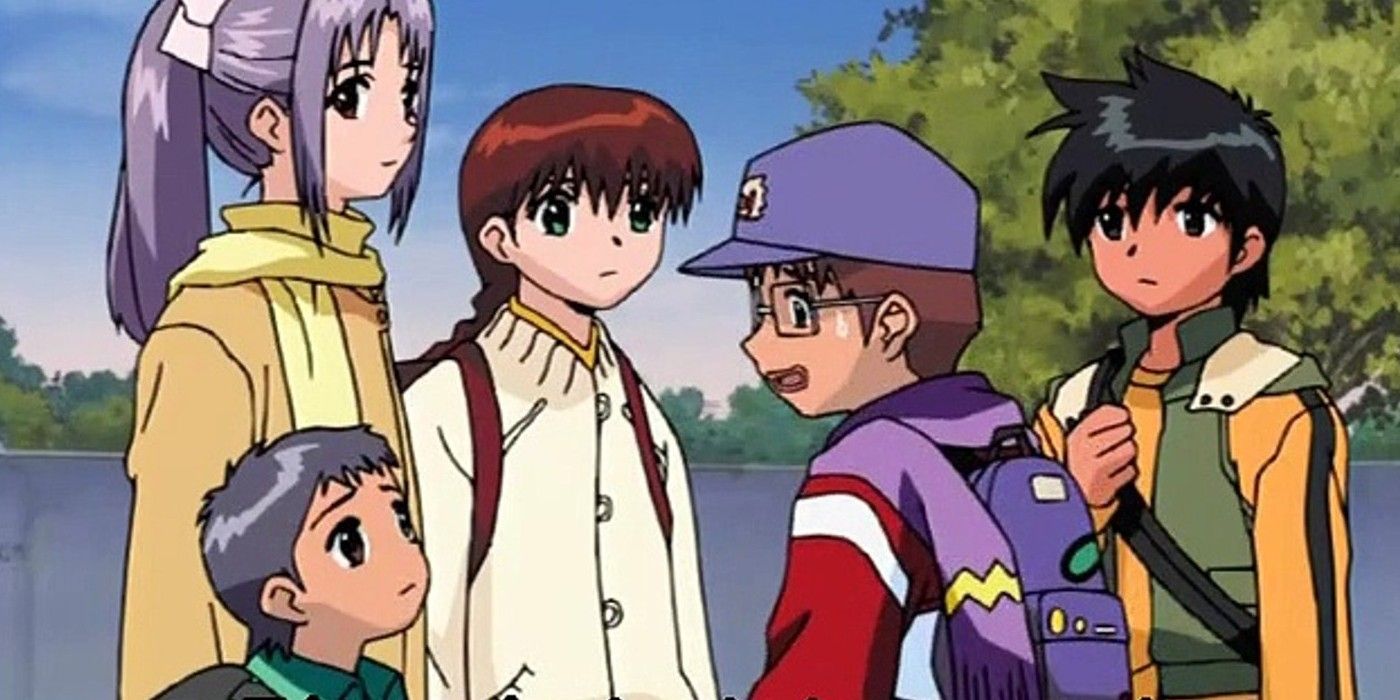Localization is the process of tailoring a show to a new audience, which is very useful in a medium such as anime where the culture that created the show and the ones that are viewing it can be vastly different. Localization can also be very important to specific genres, comedy anime most of all, as it brings more relatable jokes and a different perspective to the show.
There are some extreme examples of comedy localization that showcase how localization can change and cater a show to a new audience, and such examples include the likes of Shin-chan, Samurai Pizza Cats and Ghost Stories.
The first example of a more extreme case of localization is the series Shin-chan, which is the Western version of the anime Crayon Shin-chan. The show centers around the kindergarten-aged Shin Nohara and his family and friends. While the original Japanese version is no stranger to dirty jokes, the English localization team takes it to a whole other level. Since the original version of the show is insanely long, with a current whopping 1,122 episodes, the English team in charge of Shin-chan had a unique opportunity: to pick and choose what episodes they wanted to use in whatever order they desired.
This meant they could basically create their own unique narrative, basing it on the main story beats of the real show. With this, they aged up the target audience from young children to PG-13, including a lot more racy jokes and mature themes covering topics such as homosexuality, politics, and physical and domestic abuse, among others. This is what's known as a "gag dub," and because of the themes and dark humor, it was originally released on Adult Swim before it came to DVD.
While the show can be enjoyed in its raunchy English form, some fans may still be upset at such extensive changes to the source material. This sentiment is a valid one, but localization happens for a reason, as it makes the source material more digestible for overseas audiences. Usually, localization takes out obscure references to Japanese culture or food that most non-Japanese people would not be expected to understand, changing these to similar references that still fit with the scene. This process helps the anime flow better in English, where the jokes may fall flat to most people if using the original translation.
An even older example of extreme localization is Samurai Pizza Cats. The show is based on the anime Kyatto Ninden Teyandee (Cat Ninja Legend Teyandee), which came out in 1990 in Japan and in 1991 in America. Saban Entertainment picked it up in English, releasing 52 of the original 54 episodes. For whatever reason, there was never any proper information or even a good translation of the original Japanese source material, so the American team was essentially able to build the show back up on their own with completely original English dialogue.
This meant that the show took on a far wackier feel, taking inspiration from the American classic Animaniacs. The American team got to load up the show with topical (at the time) pop-culture references, as well as making it a lot more satirical and fourth-wall-breaking than the original. The show itself is about the main heroes, the Samurai Pizza Cats, who are a pizza delivery service moonlighting as crime-fighting samurai to defeat the main villain, The Big Cheese.
Probably the most well-known gag dub ever released in English is Ghost Stories. Also known as Gakkou no Kaidan in Japanese (literally School Ghost Stories), this is a 20-episode show from 2000 about school ghosts that the main characters run into and must defeat. The original Japanese-language version of the anime did not do well even in Japan, so when ADV Studios took it over in America, according to one of the main voice actors for the series, they were told to "do whatever it took to sell the show."
This meant that the English crew had free rein to do what they wanted with the show, so long as they kept the main story as well as the names of the characters and ghosts intact. While the original show was for kids, the English dub went the same way as Shin-chan did and made the English version much more mature, with lots of dark humor, adult jokes and references. The show jokes about topics such as race, sexuality, religion and pretty much anything else it can come up with, making the English version not only popular but also infamous.
All the above shows are extreme examples of what localization can do and how it can change a series -- in these cases, for the better. If any of the three shows were brought to the West today and were more faithfully or literally translated, they very likely wouldn't have had the same popularity or cult-like status that they enjoy now. These shows may not even have been officially brought over to the West at all without such drastic changes, which would have been a shame. So, while not everyone may not like the changes to the shows, such extreme localization enabled them to travel across the ocean and be enjoyed by many more people for what they now are: irreverent comedies.




